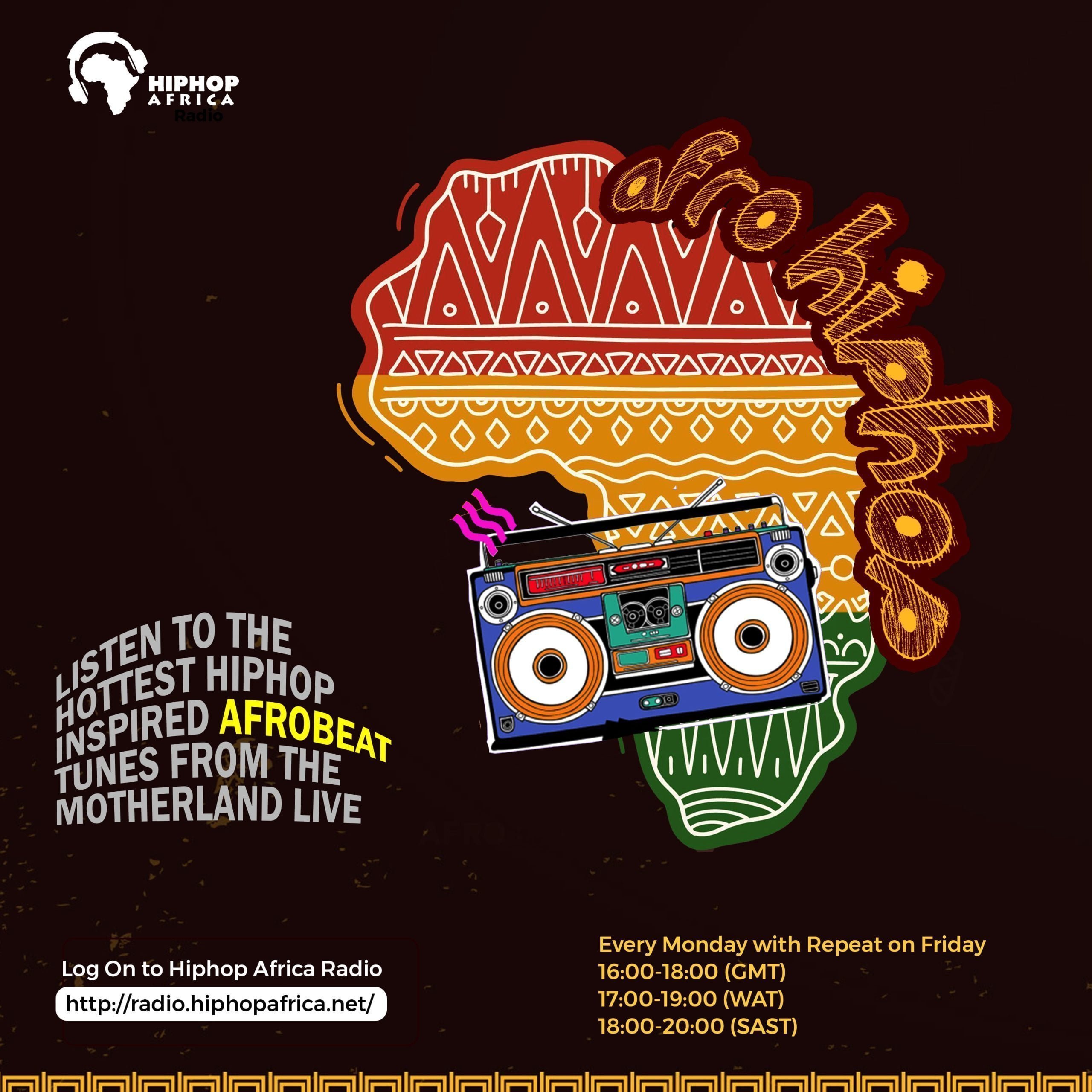Hip hop has always been a stage brimming with masculine energy. For decades, women have had to elbow their way into the spotlight, often measured by standards set by their male counterparts. “Too feminine.” “Too soft.” “Too sexual.” These are just a handful of the critiques that women in hip hop worldwide have faced while carving out their space in a genre that demands resilience. Yet, over time, the culture has started to evolve, becoming more inclusive of women who have shattered ceilings and stereotypes to make the genre their own. Against all odds, women have continually broken barriers, proving that rap is not just a man’s sport.
From global icons like Nicki Minaj, Megan Thee Stallion, and Rapsody to new wave stars like Ice Spice, Doja Cat, and GloRilla, women have taken charge, redefining the narrative and the culture. Closer to home, African women like Oriiginelle, Dee Koala, ZuluMecca, and K.Keed are inspiring a new wave of girls who see themselves as active participants in hip hop—not just consumers. As a fan of the genre, seeing women thrive in this space, especially African women, makes hip hop feel even more personal and inclusive.
But hip hop isn’t just about those behind the mic. Women like Eattz, Banyezus, and Lady Kuda, Tummie Letsapo—and yes, myself—are taking the reins as tastemakers, publicists, and advocates for African hip hop, proving that influence doesn’t always come from center stage. Together, these women are challenging the norm and paving the way for others. Here in Eswatini, I take pride in being one of those voices, ensuring the culture is not only celebrated but respected.
In Eswatini, a new revolution is brewing. Women are stepping into the hip hop scene with intention, reclaiming their place in a genre that’s long been ruled by men. Artists like Oriiginelle, Ima Crystals, and Milkie The Don are pushing the boundaries, unapologetically crafting their own lanes. And then there’s WassaBee, Eswatini’s first female hip hop DJ, who has not only taken the decks by storm but is now venturing into creating music herself.
What sets WassaBee apart is the enigma that she has cultivated around her persona. With her signature balaclava- either black or pink- firmly in place during public appearances and performances, she embodies the “faceless mystique” , letting her craft speak more than appearances ever could. This anonymity has become her trademark, adding an air of intrigue that keeps fans and audiences captivated.
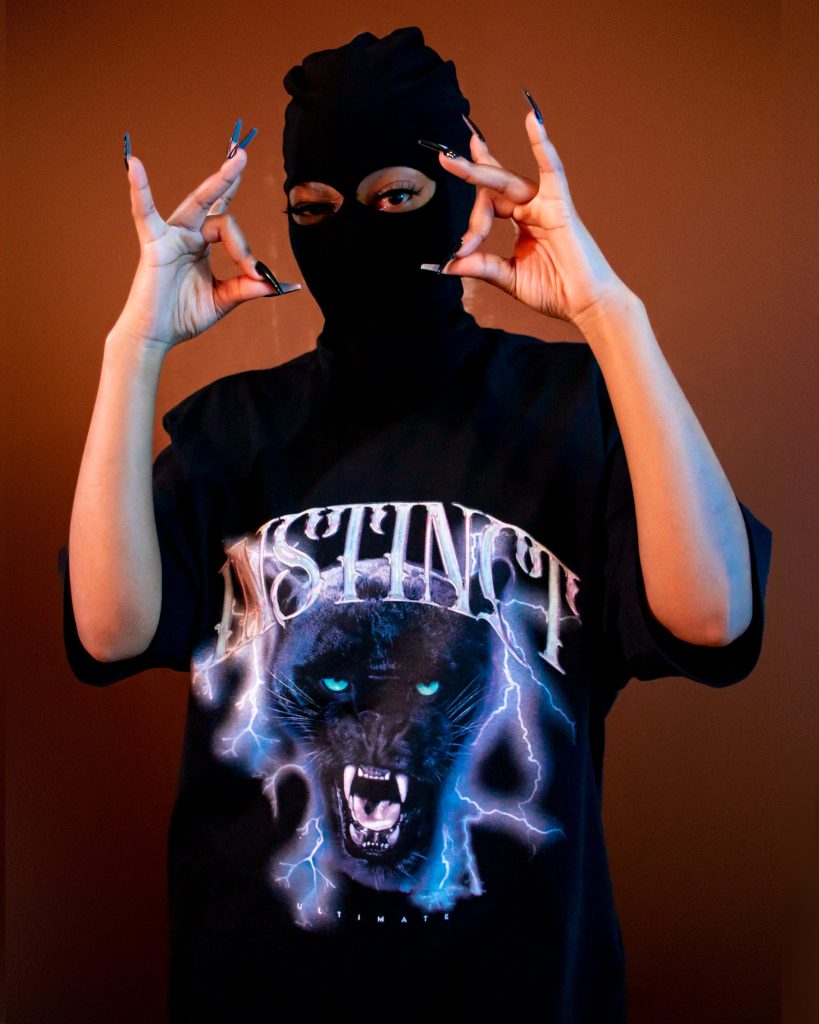
When I first met WassaBee in April this year, I was thrilled. Here was a woman unapologetically killing it as a hip hop DJ, holding her own at major stages like MTN Bushfire and Luju Festival, and beyond our borders such as in the Mpumalanga Spring Fest early in the year. Her consistency and determination were inspiring. And now, with the release of her debut single For The Kulture, she’s breaking yet another barrier in the local hip hop scene.
WassaBee’s debut single, For The Kulture, dropped on December 20, 2024, . Featuring the charismatic and multi-talented Ace Julz, this song is a statement that boldly declares that spinning isn’t only a male’s playground, even women have a place in production and on the decks. WassaBee calls it “a sonic embodiment of my love for hip hop,” blending elements of unity, storytelling, and ambition with sleek production and raw energy. The song’s production is driven by a trap beat that demands listeners to move to its rhythm. It is the kind of song that could make anyone want to break out and krump( yes, it’s still a thing.)
“This track represents everything I love about the culture,” WassaBee says. “From drip and bars to success and influence, it’s a sound that says, ‘I’m here to elevate, motivate, and stay.’” The single expresses how cultured the DJ/Producer is as she is in touch with all elements of Hip Hop culture such as Djing, Mcing, Beatboxing, Dance and fashion. WassaBee’s involvement in every layer of culture is evident. From her presence at Ima Crystals’ listening session earlier this month, to collaborations with rising stars, she is proving herself as a participant and leader in Eswatini’s hip hop community.
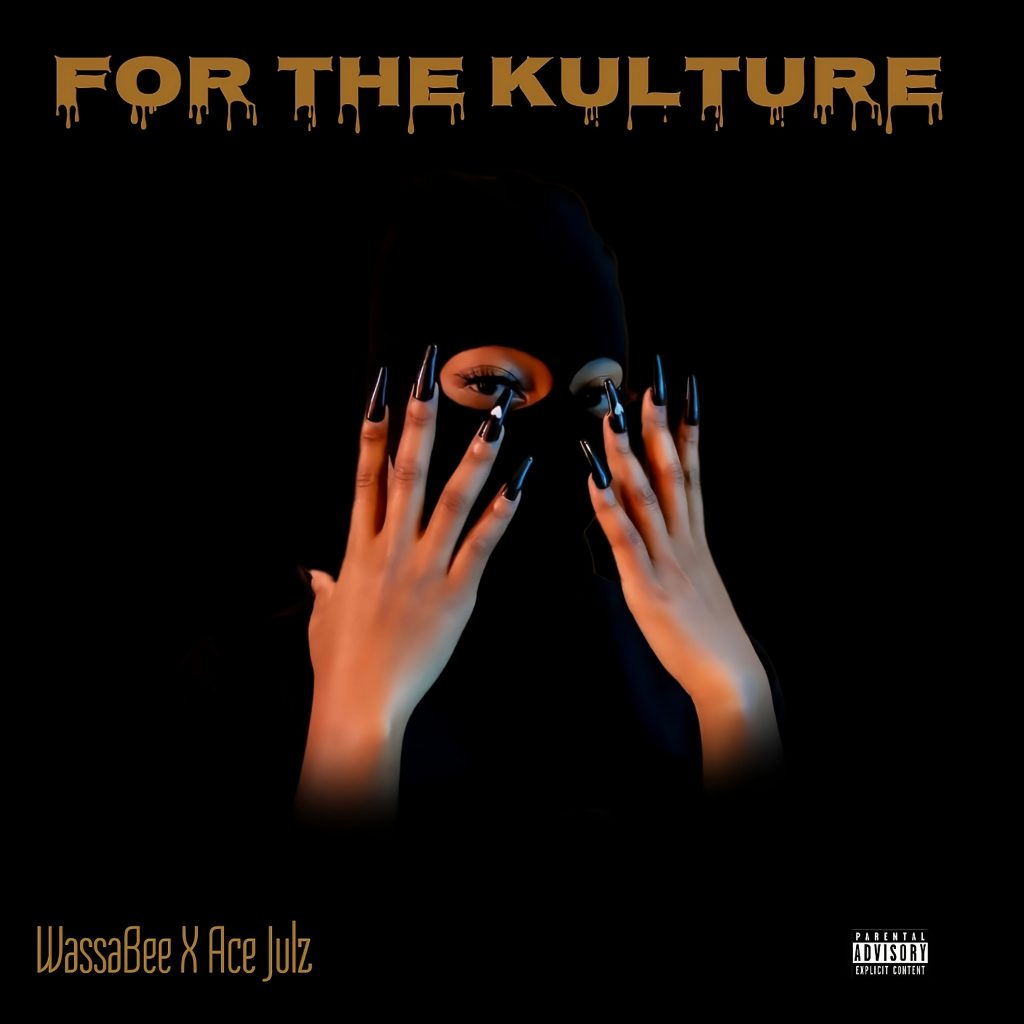
What’s particularly special about this release is WassaBee’s choice to collaborate with Ace Julz, a young and emerging artist in Eswatini’s hip hop scene. As a DJ, WassaBee isn’t just spinning tracks but she’s shaping the culture and introducing audiences to fresh talent. DJs are tastemakers, the curators of what we listen to next, and WassaBee’s decision to spotlight Ace Julz speaks volumes about her dedication to nurturing the scene and highlighting its rising stars. “Ace Julz is one of the most talented artists I know,” WassaBee shares. “His storytelling and versatility inspired me to push boundaries. Working with him was the perfect way to bring this vision to life.”
WassaBee has done her research quite well, crafting an infectious song that has potential to dominate the airwaves as well as the dance floor. With a catchy hook, that is meant to have everyone chanting “For The Kulture( Mswenko) for days on end. The song promises to resonate with everyone as it blends local hip hop slang with both Siswati and English.
WassaBee’s journey is a reminder of what’s possible when women step into spaces they’ve traditionally been excluded from. But there’s still so much room to grow. Eswatini needs more women in hip hop—not just as DJs and rappers, but as producers, tastemakers, and architects of the culture.
For now, the scene is shifting, thanks to pioneers like WassaBee. As women continue to rise in Eswatini’s hip hop scene, one thing is clear: the future of hip hop here is bold, diverse, and unapologetically female.
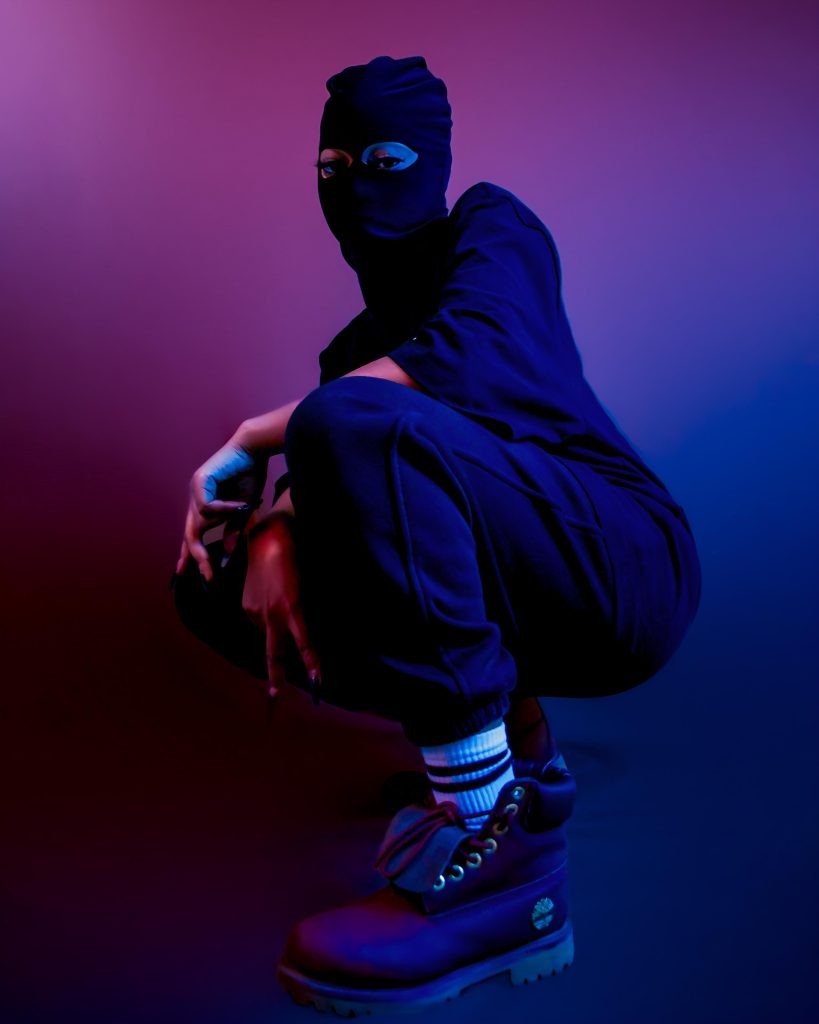
Connect with WassaBee:
INSTAGRAM: @wassabeethedj
TWITTER: @wassabeethedj
TIK-TOK: @wassabeethedj

